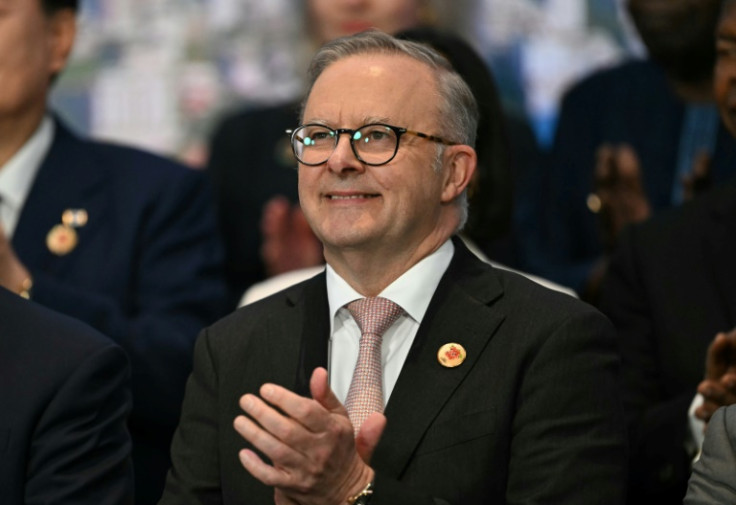Albanese Refuses To Budge On Key Trade Issues Ahead Of US Tariff Announcement

Australian Prime Minister Anthony Albanese has made it clear that the country will not back down on several key issues, such as biosecurity regulations and media-related laws, despite upcoming tariffs from the United States.
Albanese toughened his stance after a recent 2025 National Trade Estimate Report on Foreign Trade Barriers highlighted that the pricing of generic drugs, Australia's biosecurity regulations, and media-related laws were hurting U.S. trade, ABC News reported.
"Those issues are not up for negotiation," Albanese said.
Opposition Leader Peter Dutton also voiced his opposition, saying Australia should not compromise on these issues.
The U.S. report criticizes Australian regulations
The U.S. trade report focused on Australia's biosecurity laws, which were among the strictest in the world, designed to protect the country's unique wildlife from foreign diseases.
The report highlighted restrictions on the U.S. beef, pork, poultry, apples, and pears due to Australia's biosecurity laws, and stated that the North American country was continuing efforts to gain full market access for its fresh produce exports.
Despite the pressure, Albanese and his team have made it clear that they were unwilling to make concessions to secure a deal with Trump. The prime minister described any compromise on Australia's laws as "cutting off our own nose."
"The idea that we would weaken biosecurity laws is like cutting off your nose to spite your face. In order to defend the exports that total less than 5% of Australia's exports, you undermine our biosecurity system," Albanese told reporters in Adelaide.
Another point of contention was Australia's pharmaceutical laws. The U.S. pharmaceutical industry has long opposed Australia's Pharmaceutical Benefits Scheme.
The report also raised concerns about Australia's media laws, particularly the News Media Bargaining Code, which forces social media companies to pay news outlets for using their content, drawing criticism from U.S. tech giants.
Trump to announce tariffs on April 2
Tensions are escalating as U.S. President Donald Trump prepares to announce new tariffs, aimed at boosting the domestic industry, on April 2 -- referred to as "Liberation Day."
While the government is actively negotiating with the U.S. to secure exemptions, there is growing concern that tariffs could harm Australia's agricultural and pharmaceutical sectors and meat exports.
Australia argues that it imports more from the U.S. than it exports, and therefore should not be penalized. However, this argument did not succeed in preventing the imposition of tariffs on steel and aluminum last month, and there is concern it may fail again, reported The Guardian.
In March, Trump imposed a 25% tariff on steel and aluminum exports from all nations, including Australia. While the Australian government continues to push for a reduction or exemption, the White House has shown little interest in reversing these tariffs.
© Copyright 2025 IBTimes AU. All rights reserved.





















